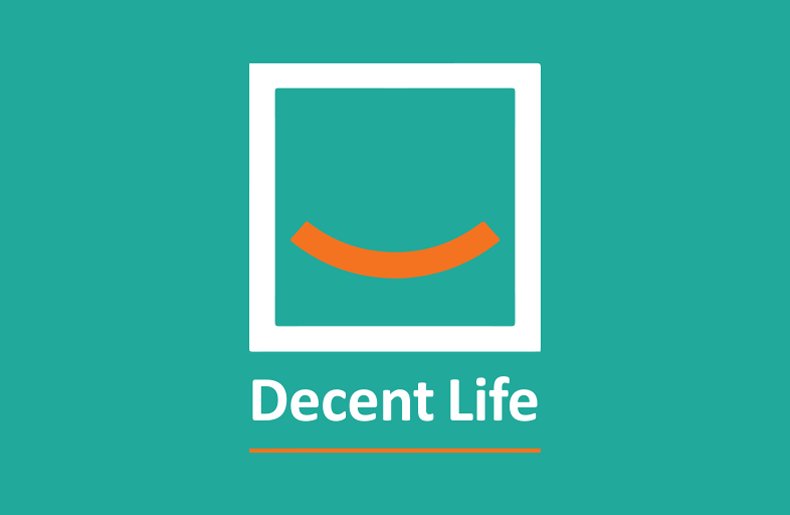The Egyptian Ministry of Planning and the Central Bank of Egypt (CBE) have discussed a financial inclusion plan under the second stage of the Decent Life Initiative that aims to improve the quality of life in rural Egypt.
Khaled Bassiouny, general manager of the Financial Inclusion Department at CBE, and Gamil Helmy, Assistant Minister of Planning and General Supervisor of Decent Life, evaluated the accomplishments of the first phase of the initiative.
According to the evaluation conducted, in this phase, 1,208 ATMs and 127 bank branches had been established by September 2023, expanding access to a variety of financial services like prepaid cards, internet banking, electronic wallets, and QR codes.
Helmy also stressed the critical role that financial inclusion plays in helping rural Egypt achieve sustainable development objectives.
Among these were the 26.3 billion Egyptian pounds in medium, small, and microloans that were disbursed, as well as the reduction of transportation requirements for financial services, which helped to mitigate pollution.
Furthermore, future actions will entail close coordination with CBE and affiliated banks to evaluate and meet the financial service requirements of villages moving into the second stage of Decent Life.
Bassiouny further outlined the objectives of the plan, which include raising awareness of banking services, supporting small and medium-sized businesses, and improving the financial infrastructure to improve the standard of living for the villagers.
Helmy expressed gratitude for the contributions made to these efforts by the Egyptian official statistics agency CAPMAS, CBE, Egypt Impact Lab, and Abdul Latif Jameel Poverty Action Lab.
Ahmed Al-Shimi, Deputy Head of the Programmes and Performance Unit at the Ministry of Planning; Mohammed Sharif, Ahmed Reda, and Omar Metwally, from the Decent Life team; and Mohammed Abdel-Dhaher and Hussam Al-Basiouni from CBE, have also participated in the meeting.
